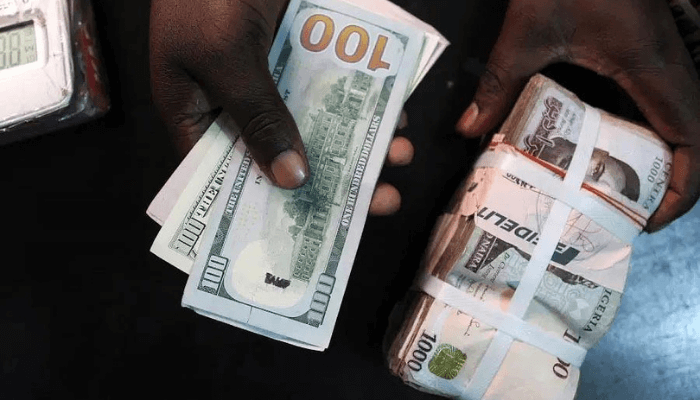Discussion Highlights Key Questions on Financial Transparency and Exchange Rate Strategy
In a recent community dialogue, community members expressed growing concerns about Nigeria’s economic situation, with a focus on the responses provided by Yemi Cardoso, the Governor of the Central Bank of Nigeria jo. The discussion touched on critical issues, shedding light on various aspects of financial management and suggesting the need for strategic interventions.
Financial Transparency Scrutinized: Community members raised questions about the alleged criminal manipulation of $2.4 billion, urging for transparency regarding the beneficiaries and entities involved. Additionally, concerns were voiced about the significant sum of over $10 billion in unpaid LC forwards and swaps with deposit money banks, prompting a call for accountability.
Utilization of Funds Under Scrutiny: Participants in the discussion sought clarity on the utilization of the N23 trillion handed over to President Buhari. Furthermore, inquiries were made about the use of the N7.8 trillion in way and means monies, which were reportedly printed and handed over to a prominent figure within a seven-month period.
Exchange Rate Strategy and Currency Valuation: The community expressed skepticism about claims that the naira is undervalued and called for a national strategy. Drawing comparisons with the Singaporean dollar and UAE Dirham, community members emphasized the importance of historical performance, productivity, and the strength of institutions in determining currency value.
Economic Challenges and Mismanagement: Participants highlighted concerns about Nigeria’s reported reserve of $30 billion, describing it as illiquid and attributing it to ongoing challenges with the exchange rate. Accusations of mismanagement of export proceeds and deliberate actions to exploit crude oil resources raised questions about the country’s economic stability.
Call for Comprehensive Restructuring: The discussion underscored the need for a comprehensive overhaul of constitutional, fiscal, governance, socio-economic, political, and resource production and control architectures in Nigeria. Participants emphasized that addressing the economic challenges requires a holistic approach involving fiscal managers, political leaders, and state governors.
Insecurity, Fragility, and the Dollar Supply Problem: Concerns were voiced about insecurity, fragility, and a lack of faith in institutions affecting Nigeria’s ability to attract foreign investment. Participants highlighted a dollar supply problem resulting from challenges and deformities in various sectors.
Community’s Final Take and Call for Action: As the community deliberated, the sentiment was mixed, with some expressing faith in potential miracles to save Nigeria. However, there was a prevailing sense that without substantial changes, the economic outlook could worsen. The community emphasized that Yemi Cardoso and the CBN can only address a fraction of the challenges, calling on fiscal managers, political leaders, and state governors to take decisive action.
The community remains engaged in the ongoing dialogue, seeking solutions and advocating for transformative changes to secure Nigeria’s economic future.
Related posts
Subscribe for newsletter
* You will receive the latest news and updates on your favorite celebrities!

